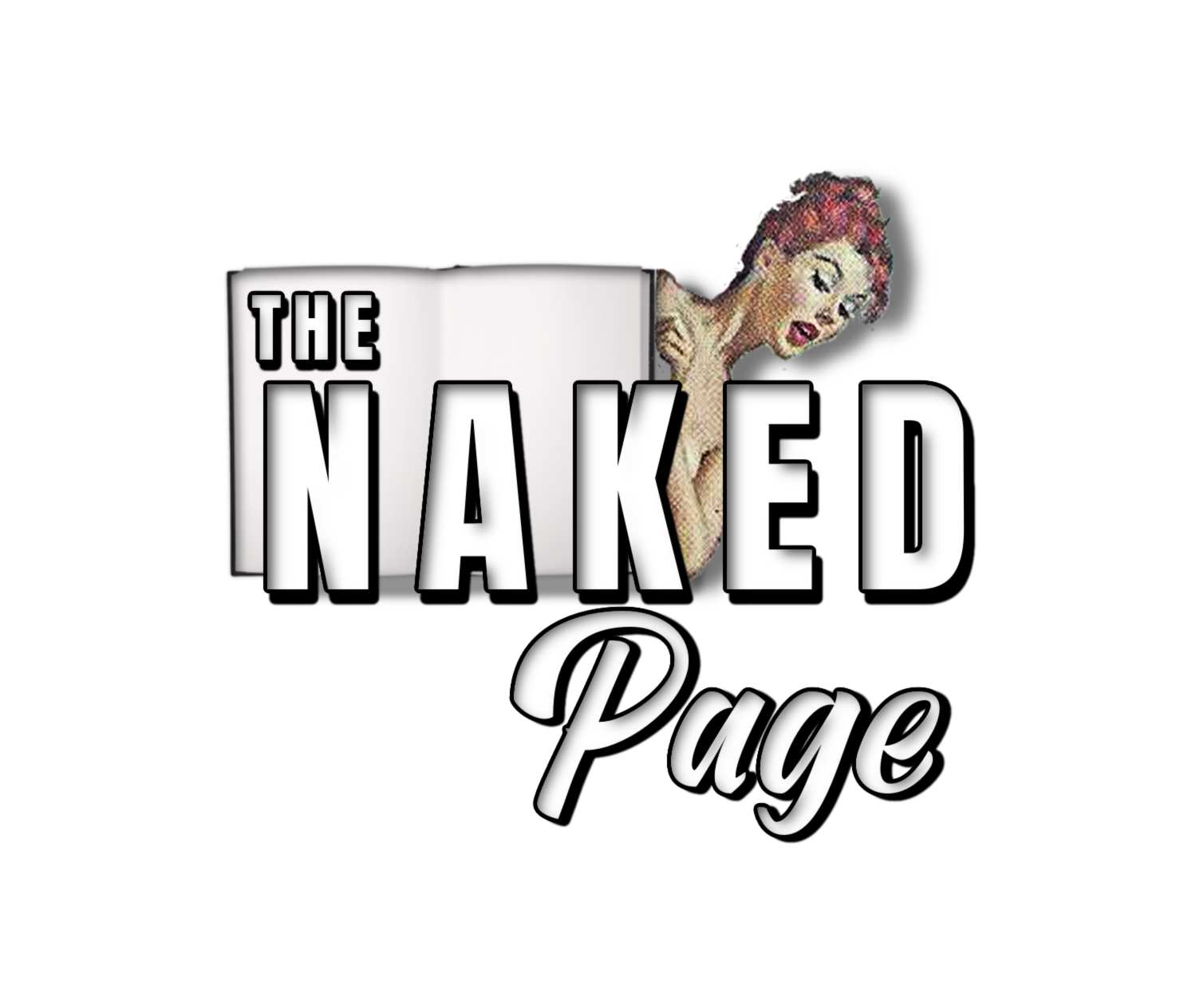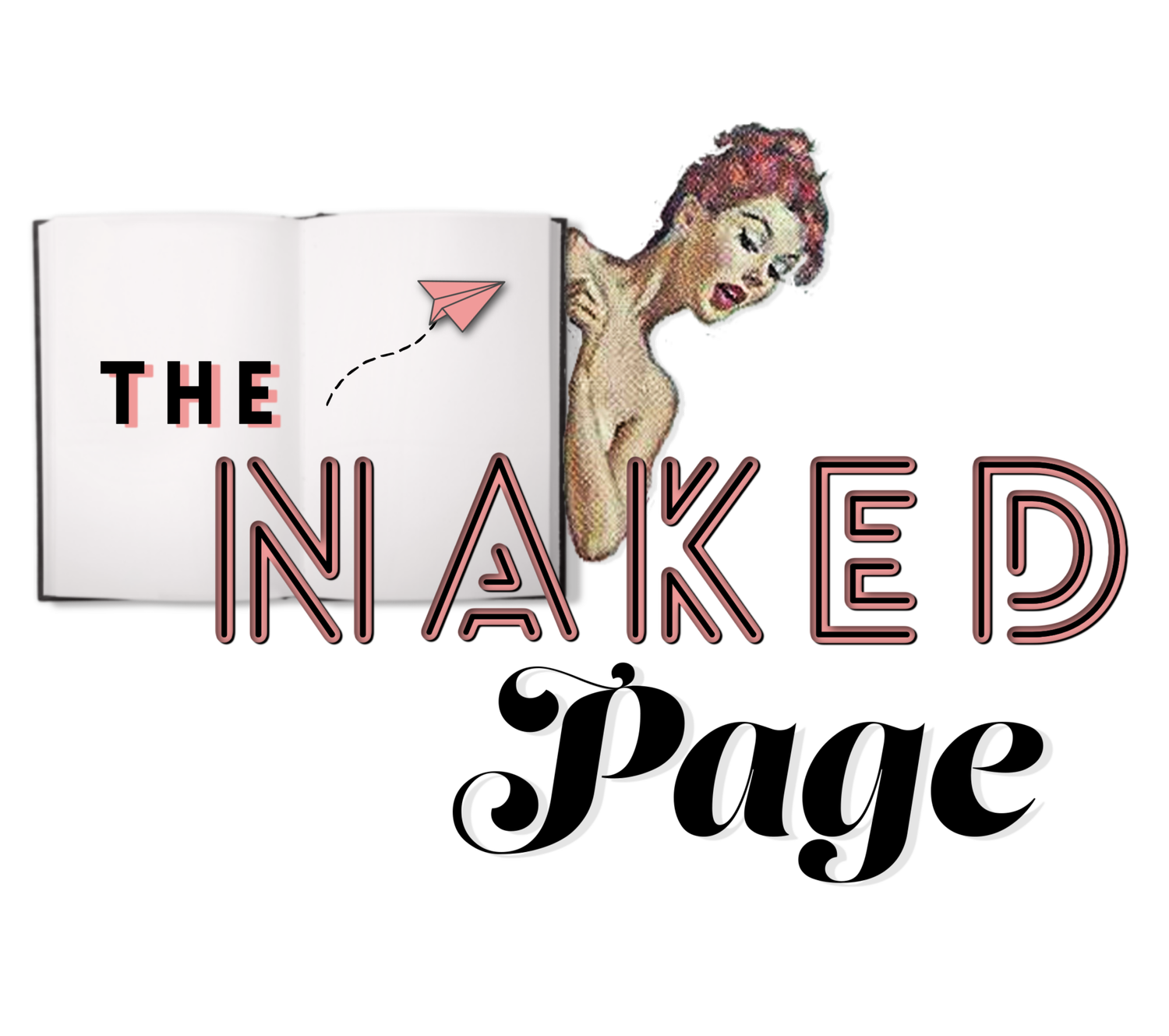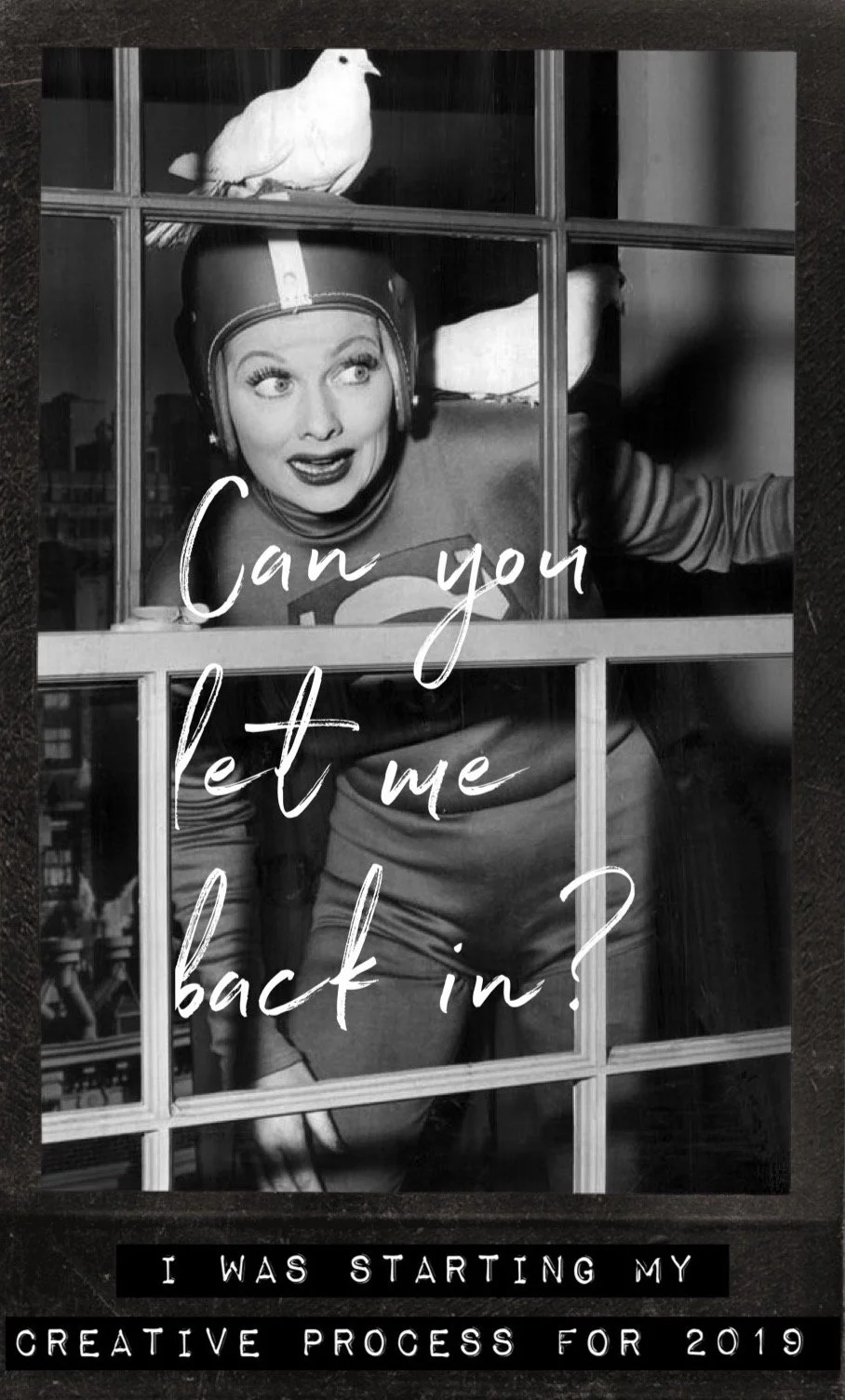How NOT to Start Writing in the New Year
Write, write, write, write.
Boom, boom, boom, boom.
“The words go marching five by five, hurrah, hurrah
The words go marching five by five, hurrah, hurrah
The words go marching five by five,
The little one stops, writing takes a dive
And they all go marching down to the ground
To get out of the rain, BOOM! BOOM! BOOM!”
Oh my god, I hear it in my brain with an ever increasing, manic INTENSITY. That constant online writer’s advice:
“Top Ten Writing Suggestions for the Writer from Best Selling Writers Who Know About Writing”
“This One Simple Writing Trick Will Stop You from Ever Having to Edit Again”
“How to Write Fast and Grow Rich”
There are so many newer, better, quicker approaches to start your writing process, especially in the new year. It makes you wonder how people like Shakespeare ever produced any content at all. Read these articles or don’t. None of it really matters. These suggestions may help you get more words on a page, but they won’t help you become a better storyteller.
“Writing starts in your brain. And it never stops. ”
You know what else doesn’t matter? Making yourself write out everything, all the time. The notion that the only way to write is by churning out constant content is maddening. As if you must record each detail of every thought you’ve ever had to be a real writer. That writing starts and stops with the pen.
I can assure you it doesn’t.
Writing starts in your brain. And it never stops.
There will be times when your ideas are so good you won’t be able to stop thinking about them. That’s when you’ll turn them over in your head until you’re able to find a notebook and trap them on the page. But guess what? When you start writing, the words will sour instantly, right before your eyes. True story.
But it’s not that big of a deal. You just find the thread. The through-line. The golden sliver of information and you stuff it back into your head. Think of writing like a rock tumbler. Remember those? You stick a rock into this tumbler with some abrasive material and it spins around until eventually, it comes out as a polished stone. Your brain works this way with your ideas. In your mind, you start to wear at your story’s rough spots. But don’t forget those rock tumblers took weeks to work those suckers into stones. Polishing requires patience.
Don’t buy into the concept that writing is only what comes out of your pen onto a piece of paper. This makes it seem like your job as a writer starts and stops when you’re physically in the act of inking out words. Bologna!
If you’re a writer, your job never stops. It’s not like working in an office where you clock in and clock out. Your brain is working even when you sleep. It’s trying to process, trying to link up ideas to make meaning. Stories are about making meaning, not producing word counts. If you’re a real writer, you’ll stew in stories. Let them simmer like a rich tomato sauce before you pour them out onto the page and let others gobble them up.
Do you know what else is real writing? Dancing. Walking. Working out. Movement helps the synapses zap. They sizzle and work up a sweat. And the outcome of moving your body is getting better ideas. Exercise is part of your writing practice. And if it’s not, it should be.
What else is real writing? Folding laundry, chopping vegetables, and making lunches. Routine, repetitive tasks have a meditative effect on our brains. This means that your brain will go into a nap-like state when doing these tasks. And if you’ve ever laid down to take a nap and gotten your best ideas you know exactly what I’m talking about. So, yes, napping qualifies as part of your writing practice, too.
Just don’t let these mental activities keep you from producing content on the page. You must dump that stuff out, sort through it, take it apart, and put it back together again. It’s your process. So, don’t listen to anyone who says you aren’t writing if you don’t write three pages in longhand daily.
What are some other ways of writing that don’t require a physical pen and paper? Yes, of course, writing on a computer. But more than that. Writing in your Notes app on your smartphone. That’s writing. But more than that even, think of places you’ve never considered.
Turning on your voice recorder on that same smartphone. Yep, audio. Hit record. Hear yourself. Sing and speak and hear how your words sound. It’s a legitimate way to write. People who can’t type can still produce tons of content this way. As we age, we might need to rely more on our voices than our hands. It’s still writing.
But don’t stop there. What’s another way to write? What about taking photos? No way, you say. But I beg to differ. I’m no photographer. I actually submitted an article that got accepted and the magazine requested photos, so I sent what I had. I knew the images weren’t good by professional standards. The Photographer Editor said, “sometimes it’s best to just not submit anything.” Okay, so I’m a lousy photographer. But what if you snap an image just to solidify an idea? Something visual that’ll jog your memory so later you can return to your thoughts? Does that count as writing? Absolutely!
People get hung up on new writing approaches and producing content because they believe there is some specific goal, some endpoint they need to attain.
This concept is similar to what Malcolm Gladwell said about needing 10,000 hours for mastery over a subject. I’m not going to quote him directly, because he’s been misinterpreted so often. People have twisted the real meaning of his statement. As if these 10,000 hours are written in stone as some kind of magical guidepost to reach in order to succeed. Gladwell himself has dispelled this rigid theory as inaccurate in this Business Insider article.
To sum up, Gladwell’s focus has less to do with a specific number of hours and more to do with obsession. The need. The drive. The attentiveness to a certain practice.
Writers in the new year want to kick off 2019 with beginnings. Start your book. Begin your writing practice. Produce.
“There are no beginnings.”
Um… hey you. Yeah, you. If you plan to write, you aren’t starting anything new in 2019. How’s that? You’ve lived an entire life up to this point. Your ability to understand stories is an innate skill. Your best bet isn’t to identify the beginning and end of a writing project. Why? Because there are no beginnings. And because I bet you’ve been considering that big idea for a while now.
Think about it this way:
A lot of writers believe, “if I can just start writing my rough draft in January, I can finish it by the end of the year, get an agent, a publisher. Then maybe next year I’ll have finished my goal of writing a book.”
But the writing process starts long before you ever put one word down. It comes from the world you inhabit and the stories you absorb. The shows you watch. The songs you hear. The culture you grew up in. The trauma you’ve been exposed to. The way you make meaning.
Even once you complete a rough draft and edit it. Even when you submit it to an agent and get a book contract and go through the editing process at a big publishing house. Even when you see your book birthed into the world in its very own physical form, is it over? Hell, no. Because that book will take on a life of its own. One that mingles with the thoughts, experiences, and stories of each reader who encounters your words.
So, you see there’s no real way to think of writing as having a beginning and an endpoint.
And so it goes for trying to identify a way to START A WRITING PRACTICE. Yes, it’s a new year according to the Gregorian calendars many of us follow. But what about the Chinese New Year—which won’t hit until February 5th? Or the 13-moon calendar that starts sometime in July?
Look, I’m not trying to get you to adopt a new calendar. I just want you to start thinking of writing as an ongoing, everyday thing. Like time. Not some new chore you must cram into your busy schedule. Stories happen to you all day long as you connect with other people. Or as you try to make sense of that fight with your husband.
But to kick off the writing process, consider starting in the middle.
Story structure and the writing process are two different things. Where you choose to start writing doesn’t necessarily have to be where your book will begin. Beginning to write in the middle of the action is always a good idea.
I can’t tell you the number of people I meet who want to start writing, feel overwhelmed, and say something to me like, “I guess I need to start at the beginning, huh?”
The beginning of what? Your life? No, no, no, you don’t.
Okay, quick lesson.
Autobiography vs. Memoir:
Autobiographies, you know those mammoth things that could be used as doorstops, so often written about Presidents and First Ladies? You aren’t writing one of those. Those are reserved for famous people. Because the person being written about is already well-known, we readers want to discover every single detail about them. We want to know where they were born, who their parents were, where they went to summer camp, etc.
Until you’re famous, you aren’t writing an autobiography. So stop thinking you’ve got to start at the beginning of your life—INCOMING!—because no one gives a shit about where you were born.
Now does that mean you don’t have any ideas worth writing about? On the contrary. You most definitely have a story that needs to be told, probably many. But that means your personal narrative falls into the category of memoir—think slice of life. Or maybe you’ve got an idea for a novel based on a personal experience. Either way, to get going on these kinds of stories, it isn’t necessary to go to the very beginning of your life or the life of your character. If you do, you’re going to be writing for eons and most of that stuff will get cut anyway.
Instead pick the most compelling, traumatic, or dramatic moment. Capture that point in time on paper or your computer. This doesn’t mean you must start your book here. You can, but you don’t have to. Here’s the difference between the writing process and story structure.
I want you to start writing at this point because I believe it’s the most direct way into a story. If you start with a compelling, traumatic, or dramatic moment, you set yourself up for writing success in several ways:
You jump into the action. The action gets the ball rolling for you as a writer, but it’s also what keeps your audience reading. You’ll be more inclined to write in an active voice and show the power of the moment. This is a great way to keep those fingers moving over your keyboard. Exciting memories excite your writing practice.
You help yourself find your bigger themes first. Typically, the theme of your story is buried in one of your most compelling moments. If you start with that moment, you’re more likely to find that theme right out of the gate. That means you won’t need to write and write and write until you figure out why you’re writing. You should be able to write the most compelling scene first, identify the meaning behind it, and then structure the rest of your writing around that meaning.
It forces you to write about the hard stuff first. Failures, traumas, and pain are hard to talk about. They aren’t always easy to write about, either, but these moments are when you reveal your most authentic self. Nakedness. And it’s where your reading audience is most likely to connect with your words. By putting these moments up front in your writing process, you tackle them first. That means you get them out of the way, but also that you’ll come back to them again and again for revisions. As you edit, these moments become more manageable to deal with both in your writing and in your life.
These moments are the easiest to recall. If you’ve ever been in a car accident and felt time slow down or if you remember exactly where you were when you first heard about 9/11, you get what happens here. Traumatic experiences key us up so that we remember every vivid detail. Painful, yes, but incredibly helpful for your writing. You should be able to remember these moments above all others. So, it makes sense to start with them.
Enjoy the newness of the new year, but remember that storytelling is one of the longest-enduring skills in the world. You don’t need to have a clearly defined beginning for the writing process to work its magic. You just have to fall in love with the journey.
What longstanding techniques do you use to approach your writing process?


